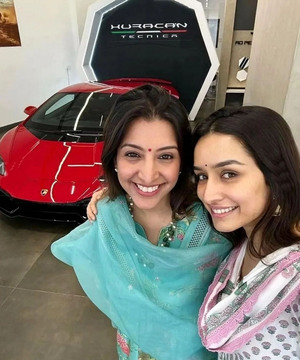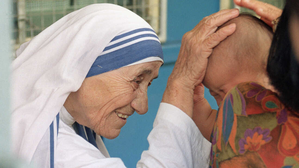Shraddha Kapoor gifts herself swanky Lamborghini worth Rs 4cr

Mumbai, Oct 25: Bollywood diva Shraddha Kapoor has gifted herself a new car – Lamborghini Huracan Technica, on the occasion of Dussehra, and the picture of the same has went viral on the social media.
The price of the swanky car is reported to be Rs four crore. She has opted for the red colour. Reportedly, the puja for the same will be held at ISKCON temple on Wednesday.
The photo that went viral on the internet, shows Shraddha flashing her beautiful smile, while sitting down alongside her new purchase. She is wearing a floral white and pink salwar suit, with minimal makeup and a bindi.
In a video, we can see her driving her new car, with a man sitting next to the driver’s seat. She is flashing her smile for the paparazzi, and is seen swiftly driving the car.
Fans showered love on Shraddha and congratulated her on the social media. Some netizens commented: “Driving like a pro”, “she is doing everything with confidence”, “sign me up for your new driver”, etc.
On the work front, she was last seen in romantic comedy ‘Tu Jhoothi Main Makkaar’ alongside Ranbir Kapoor. She next has ‘Stree 2’ in the pipeline.






